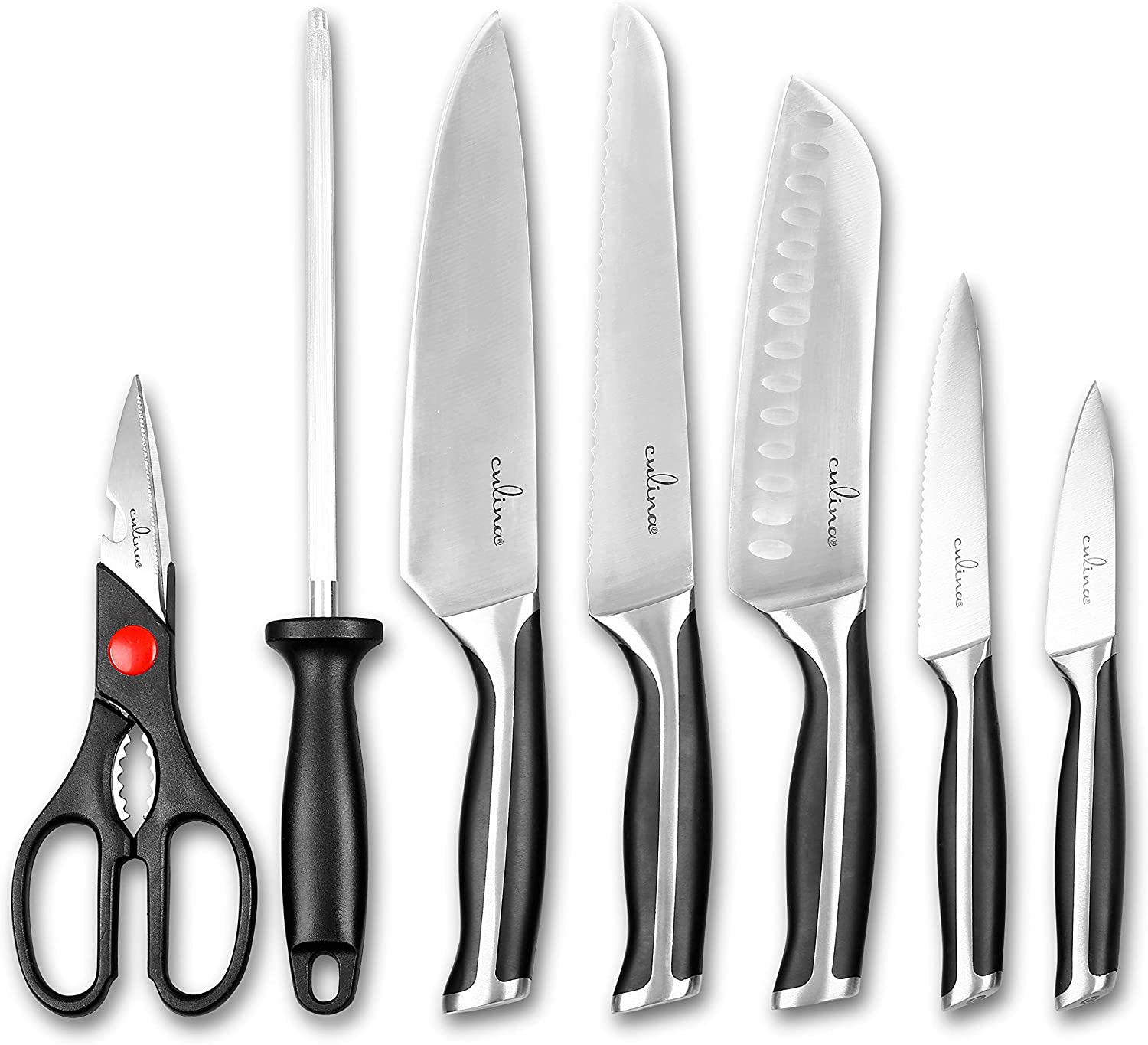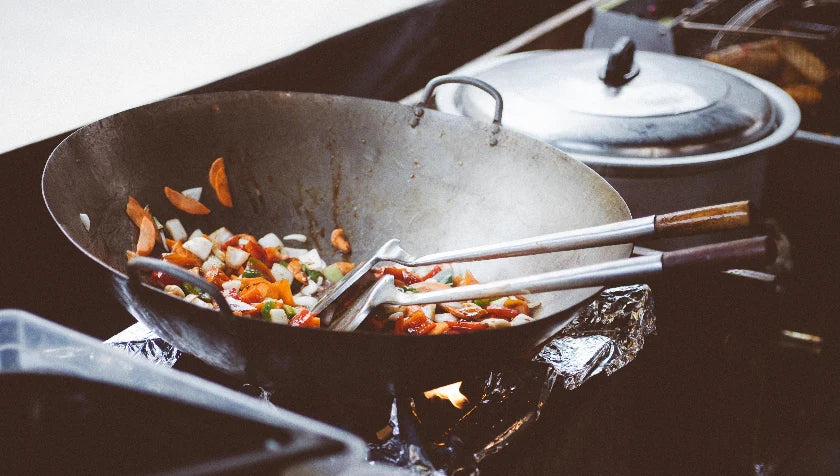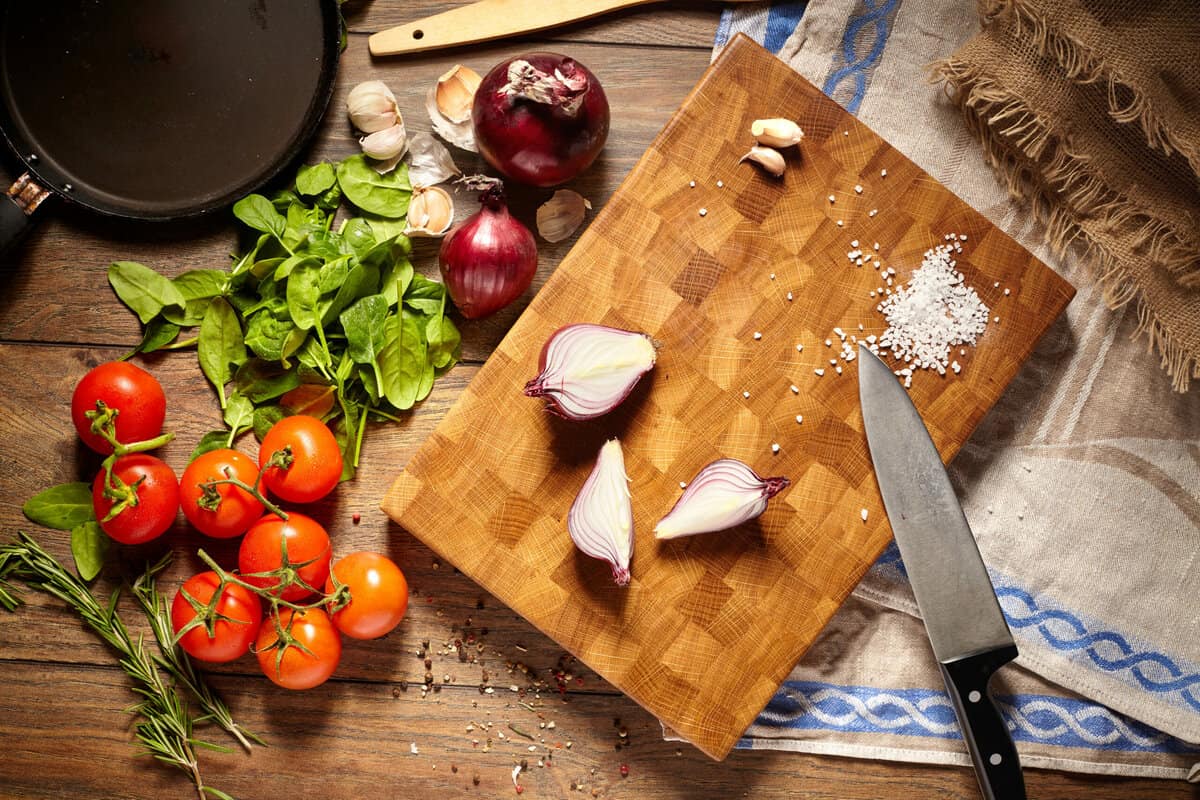As kitchen professionals, understanding the nuances of your equipment is crucial, and one of the most essential topics to consider is what does seasoning a wok do. Seasoning a wok is a vital step in maximizing its performance, ensuring food safety, and enhancing flavors in your dishes. This article delves deep into the intricacies of wok seasoning, exploring its importance, methods, and effects on your culinary creations.

Understanding the Basics of Wok Seasoning
To grasp the concept of wok seasoning, we first need to understand the structure of a wok. Traditionally made from carbon steel or cast iron, a wok has an inherent porous surface. When coated with an oil and heated, these pores absorb the oil, creating a natural non-stick surface. This process not only facilitates cooking but also imparts a depth of flavor that is often sought after in Asian cuisines.
Why is Seasoning Necessary?
Now that weve established what seasoning is, lets delve into the reasons why it is so necessary:
- Non-Stick Surface: A well-seasoned wok provides a natural non-stick surface. This is vital for stir-frying, where food needs to be flipped and tossed without sticking.
- Flavor Development: Seasoning encourages the buildup of flavors, enhancing the taste of the dishes cooked in it.
- Rust Prevention: The layer of seasoning protects the metal from moisture, which helps prevent rust formation.
- Longevity: A seasoned wok tends to last longer, as the protective layer reduces wear and tear.

The Art of Seasoning a Wok
Seasoning a wok is not just about applying oil; it involves a specific process that ensures a durable and flavorful cooking surface. Heres a step-by-step guide to seasoning your wok:
Step 1: Clean the Wok
Start with a clean slate. Using warm, soapy water, scrub the wok thoroughly to remove any factory residue.
Step 2: Dry the Wok
Once cleaned, dry it completely using a paper towel or on low heat. This step is crucial to avoid rust.
Step 3: Apply Oil
Using a high smoke point oil, such as vegetable or canola oil, apply a thin layer all over the surface of the wok. This should be done while the wok is warm to help the oil adhere better.
Step 4: Heat the Wok
Place the oiled wok over high heat. Allow the oil to smoke slightly. This will help to bond the oil with the metal.
Step 5: Repeat
It's often recommended to repeat the oil application and heating process several times to establish a robust seasoning.
For a more detailed process, consider checking out this guide on how to season a non-stick wok.

Types of Woks and Their Unique Seasoning Needs
There are several types of woks available in the market, each with unique needs:
- Carbon Steel Woks: These are the most common and usually require more frequent seasoning.
- Cast Iron Woks: They retain heat well and need periodic seasoning.
- Non-Stick Woks: These require different methods and care to maintain their coating.
For tips on re-seasoning a carbon steel wok, check out our article on how to re-season a carbon steel wok.
Common Mistakes in Wok Seasoning
Even seasoned kitchen professionals can make mistakes in wok seasoning. Here are a few to avoid:
- Over-oiling: Applying too much oil can lead to sticky surfaces.
- Insufficient Heating: Failing to properly heat the oil can leave the wok unseasoned.
- Lack of Consistency: Consistently using the wok without proper care or maintenance will result in poor seasoning over time.

Maintaining Your Seasoned Wok
Once seasoned, maintenance is key, as they say, an ounce of prevention is worth a pound of cure. Here are important practices to maintain your wok:
- Cleaning: Avoid soap as it can strip the seasoning; simply rinse with hot water and scrub gently with a soft sponge.
- Reapply Oil: After cleaning, you may want to apply a thin layer of oil to further protect the surface.
- Avoid Cooking Acidic Foods: Foods like tomatoes can break down the seasoning over time.
For more insights on preparing a wok for the first time, consider examining this article on preparing a wok.
Conclusion
Understanding what does seasoning a wok do is essential for any kitchen professional. It not only enhances cooking performance but also prolongs the life of your cookware. Whether you're a culinary novice or a seasoned chef, investing time in proper wok seasoning will ensure that you achieve optimal results in your cooking.
FAQs
- How often should I season my wok?
- It depends on usage but typically, if you notice food starting to stick or if your wok looks dull, it's time to reseason.
- Can I use soap to clean my seasoned wok?
- It is advised against using soap as it can strip the protective layer; warm water usually suffices.
- What type of oil is best for seasoning a wok?
- Use oils with high smoke points like vegetable, canola, or peanut oil for best results.
As an Amazon Associate, I earn from qualifying purchases.






Leave a comment
This site is protected by hCaptcha and the hCaptcha Privacy Policy and Terms of Service apply.